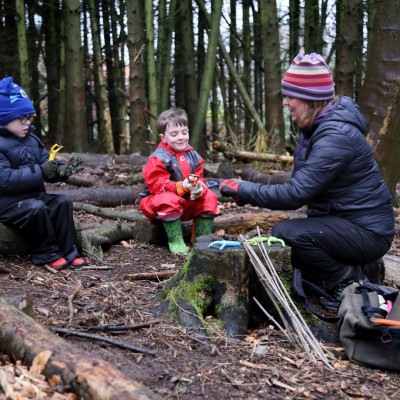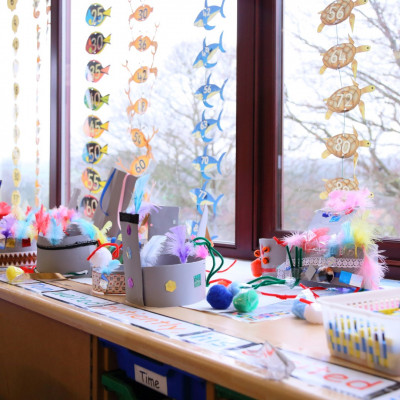Yorkshire Endeavour Academy Trust is a unique and exciting partnership that was formed in 2018 by five primary schools that have a long and successful track record of collaborative working. Each with significant expertise in supporting schools.
About our school
In this section...
PSHE and RSE
Throughout our teaching of PSHE (Personal, Social and Health Education), we aim to provide both implicit and explicit learning opportunities and experiences which reflect children’s increasing independence and physical and social awareness, as they move through the school.
Click here to download a copy of our two year planning overview for PSHE and RSE.
Click here to read our PSHE and RSE policy.
|
Intent Curriculum design, coverage and appropriateness |
· We intend for our children to feel safe and happy in order to learn and achieve their potential and this idea underpins our PSHE and RSE curriculum. · The 6 principles of Nurture are embedded in our PSHE and RSE curriculum. · Our curriculum aims to embed safe practices as well as happiness, self-confidence and self-esteem. Fundamental British Values of Democracy, Rule of Law, Tolerance, Mutual Respect and Individual Liberty are explored through our approach and are also embedded across all aspects of school life, including assemblies, the curriculum and our pledges, ethos and core values. · To prepare our children for life in modern Britain and the wider-world. · For children to develop and maintain a variety of healthy relationships, within a range of social/cultural contexts · To identify and effectively manage different influences on health and wellbeing. |
|
Implementation Curriculum delivery Teaching (pedagogy) Assessment (formative and summative) |
· Our PSHE and RSE curriculum follows a rolling two-year programme based on the Discovery Education Health and Relationships programme. · We have adapted and personalised these resources to meet the needs of our children and to enable the full curriculum to be taught in an age appropriate two-year cycle, within our mixed age classes. · There are six underlying core themes taught within the Discovery Education PSHE curriculum, across which there is broad overlap and flexibility. These core themes are: - 1. Healthy and Happy Friendships 2. Similarities and Differences 3. Caring and Responsibility 4. Families and Committed Relationships (This includes the Sex Education element in Upper KS2) 5. Healthy Body, Healthy Mind 6. Coping with Change (Including understanding puberty in Upper KS2) · There is built in reflection time for children to evaluate their learning. · The curriculum is also informed by pupil voice based on the Growing up in North Yorkshire Survey to ensure that the curriculum is personalised for our children and meets their needs. · As part of the RSE planned programme we use the following resources. KS1 use the ‘Pants’ resources from the NSPCC and KS2 use ‘I saw your Willie’ (lower KS2) and ‘Busy Bodies’ ‘Alright Charlie’ (upper KS2) resources to build knowledge and understanding around puberty and Sex Education. · Children learn different strategies and acquire skills which help to develop effective relationships, assume greater responsibility and manage personal safety, both offline and online. · The school Pledges promote British Values and well-being. · Parents are consulted and take part in the development of the PSHE and RSE curriculum · Resilience is embedded through the school ethos, Pledges and the PSHE curriculum using resources such as ‘Feel Brave’ · The children learn the importance of staying safe and healthy, both physically and mentally, online and offline. · Sexual health is taught as an element of health education but also within the context of healthy relationships (see RSE policy, in line with the Department for Education’s statutory guidance). |
|
Impact Attainment and progress (including national tests and assessments) |
The impact of our PSHE education is that children are open, sensitive and reflective individuals who respond and manage issues in their own lives and have a deep moral understanding of the impact of their actions on others. The children develop resilience and self- awareness so that they become independent decision makers and problem solvers, keeping themselves safe and healthy. Pupils use their debate skills across the curriculum, demonstrating respect and sensitivity. Pupil voice is used to monitor impact and progress based on questionnaires and the Growing up in North Yorkshire survey, including the Stirling Children’s Wellbeing scale. |














